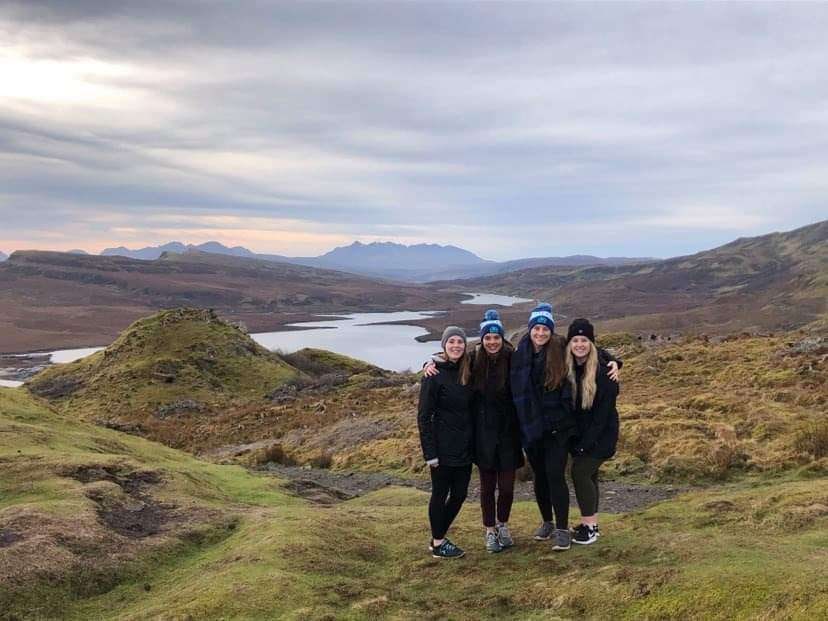Canada’s newest travel requirements are the strictest yet and they come with a high cost aimed at deterring non-essential travel.

“Travellers will be required to stay at their reserved hotel for up to three nights at their own costs,” Patty Hajdu said, Canada’s health minister during a Feb. 16 briefing.
On Jan. 29, Prime Minister Justin Trudeau announced that all travellers entering Canada by air would have to quarantine in a hotel at their own expense, saying the cost would exceed $2,000 per person.
For Canadians studying abroad, that $2,000 is described as a blow that will sink them even further into debt they’ve incurred while pursuing higher education.
“We were prepared to pay the cost to fly back home and then they’re just adding on all these additional costs,” Bailey McAssey said, a Canadian who started her master’s degree in physiotherapy at a Scotland university.
McAssey’s program began before the pandemic but when COVID-19 initially hit last March, she and other Canadians at her university answered the call to return home.

Get weekly health news
The pandemic struck at a time when she was wrapping up her program by preparing to complete necessary placements in hospitals.
She says she and many other Canadians were hopeful their university, Glasgow Caledonian, would allow them to complete their placements in Canada but that didn’t happen.
“The school basically wouldn’t support Canadians really getting Canadian placements. So, that meant we had to come back to Glasgow in order to finish the program.”
It was a decision she considered essential in order to eventually move forward with her chosen career path.
“It was either delaying my entire career, or my life and just building on this debt, for what?” she said.
McAssey says she followed all public health guidelines necessary in order to return to Glasgow and complete her degree. Once she settled into her placements, she booked her final round of flights back to Canada with the expectation that she would quarantine in her home province as she had previously.
That all changed leading into February when the federal government announced the latest round of travel requirements, part of which require most people entering Canada by air to isolate for up to 72 hours at their own expense in a government-approved hotel as they await results of a compulsory COVID-19 test taken upon arrival.
McAssey says she understands efforts to further protect against the presence of variants but feels government-authorized hotels should be extended to locations across Canada.
She also feels the federal government should have taken into account the financial havoc the mandatory hotel quarantine will have on students.
“It would have been nice had we’d been deemed essential. Or, at least been made an exception so long as we were planning to fully oblige by the two-week quarantine at home, which I was fully prepared to do,” she said.
— With files from









Comments
Want to discuss? Please read our Commenting Policy first.